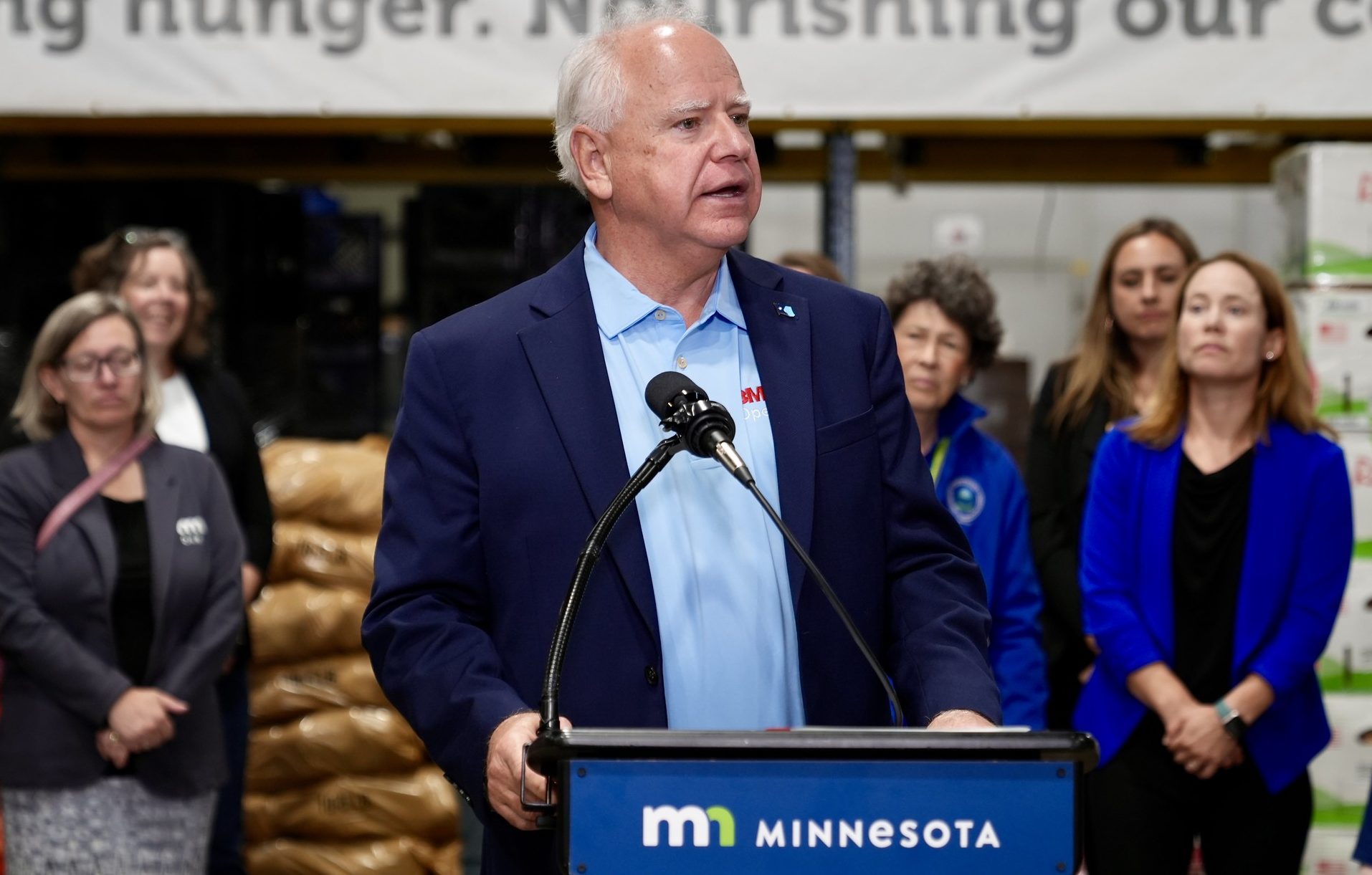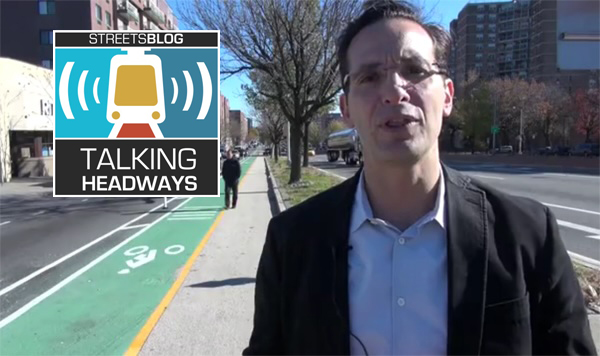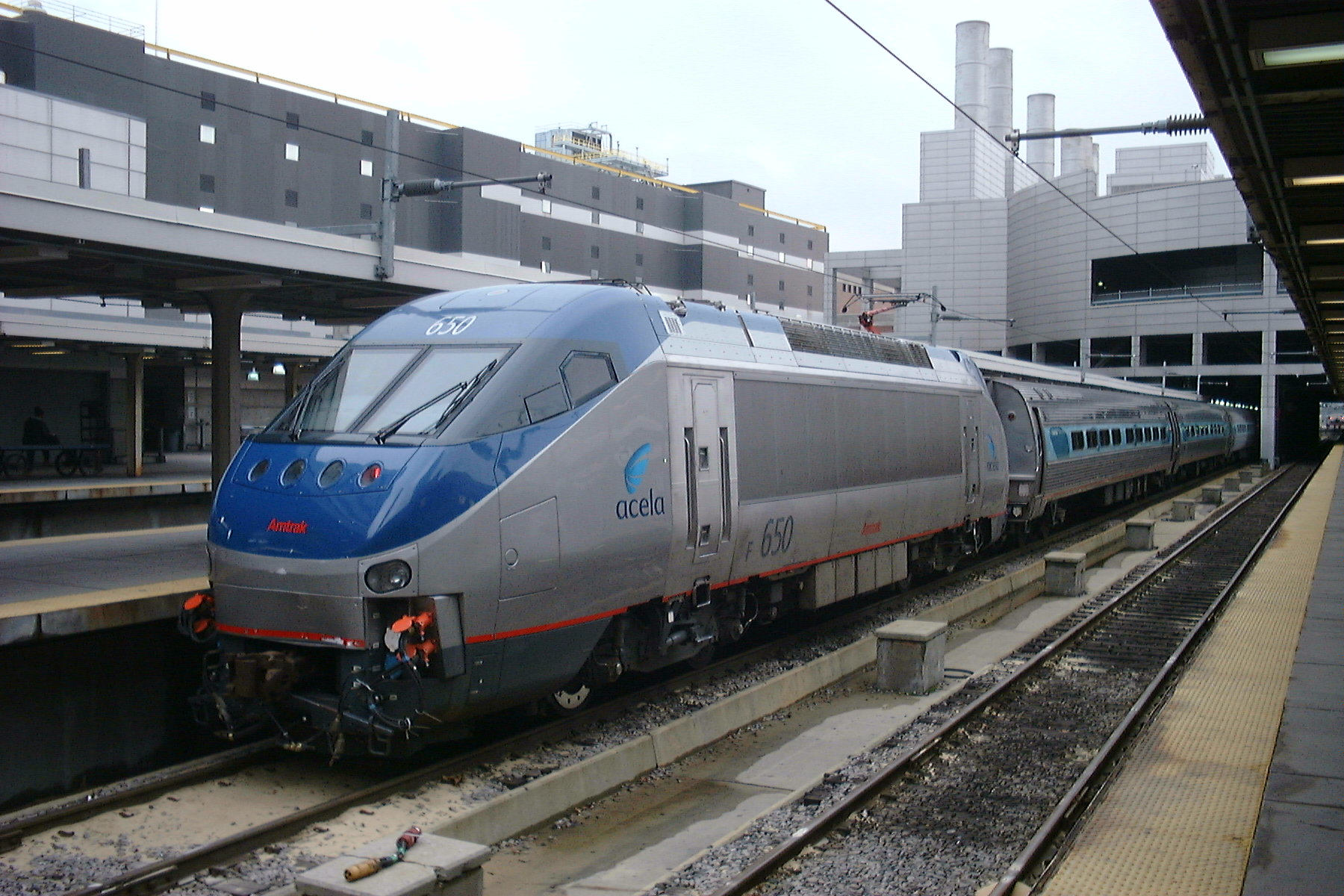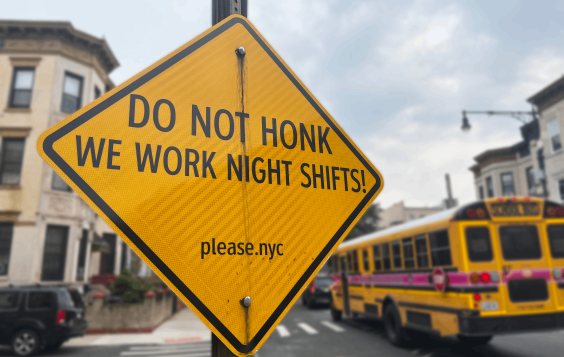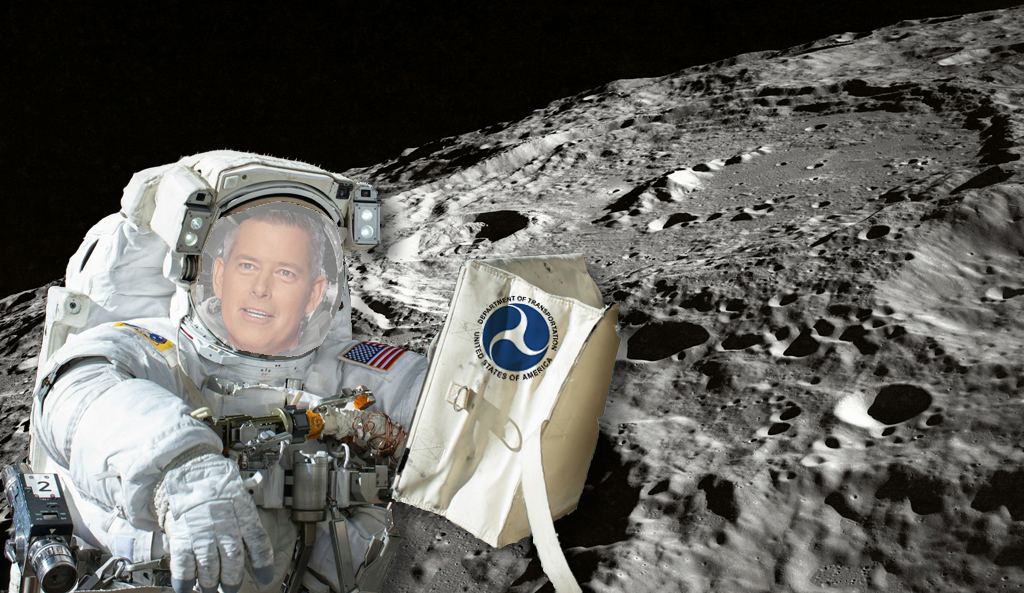Editor's note: We recently reached out to Our Streets MN to provide a quote for our article about the sustainable transportation track record of Minnesota Gov. Tim Walz, who was recently selected to be Kamala Harris's running mate. Joe Harrington's remarks were more substantial than we could fit in that story, so we're publishing an edited and expanded version of them here. Opinion submissions do not necessarily reflect the views of Streetsblog USA and its editors.
Gov. Tim Walz’s transportation and land use policies have been a step forward, but still leave important gaps in achieving sustainable and equitable transportation access in Minnesota.
Successes include leveraging state and federal funding to increase Amtrak service between St. Paul and Chicago, the second daily train option on this corridor for the first time in more than 40 years. Additionally, the Walz administration secured funding for new passenger rail between Duluth and the Twin Cities.
Walz also signed a new Twin Cities Metropolitan Region sales tax to significantly increase dedicated funding for transit, walking and biking infrastructure. The fund will specifically support the construction of a comprehensive bus rapid transit network.
This sales tax was a keystone piece of the 2023 transportation funding bill, which invested significantly in transportation projects around the state. While much of this funding is directed at highways and other roads, the sales tax ensured that active transportation and transit also won major funding increases.
In a big victory, fare evasion was decriminalized in Minnesota during Walz’s administration. This allowed the Met Council to bring on “trip ambassadors” as civilian workers to issue citations similar to how parking tickets are issued.
Another impactful provision in the bill is a climate impact assessment rule for major highway projects. This new greenhouse gas emissions standard will require alteration or stalling of all projects that increase emissions, as measured by vehicle miles traveled.
However, a more progressive legislature championed many of these reforms, now attributed to Walz. In some cases, reforms successes were the result of Walz stepping out of the way of policy makers.
It remains to be seen how progressive Walz will be on transportation without the legislature delivering ambitious bills to his desk for a signature.
Some of Walz’s reforms leave critical gaps that must be filled to move Minnesota away from a harmful car-dependent transportation system.
Walz has not commented on highway removal in Minnesota, where transportation advocacy organization Our Streets, forward-thinking public officials, and thousands of grass-roots advocates support proposals along Minneapolis’s Olson Memorial Highway, I-94 between Minneapolis and St. Paul, and along I-35 in Duluth. The new Minnesota Communities Over Highways Coalition continues to build on this momentum with nearly 70 supporting organizations.
This could mean harmful infrastructure decisions, including highways, to continue to harm nearby communities in perpetuity. These burdens disproportionately fall on communities of color, the ongoing legacy of structural racism in Minnesota — and U.S.— transportation policy
Beyond removing existing highways, new ones are still being built despite recognition of their harms. The same greenhouse gas assessment meant to review highway projects won’t take effect until 2028, a loophole during a critical time when many of Minnesota’s major interstates are at the end of their useful life. As a result, it allows a harmful highway expansion project to move forward unchecked despite fierce local opposition, displacing hundreds of homes and businesses in two diverse Twin Cities suburbs.
Dedicated funding for anti-displacement policy was also absent from the 2023 transportation bill. That funding is critical to protecting existing residents and vulnerable communities from gentrification and displacement as a result of transit investment.
Further, the transportation bill fell short by giving the Department of Public Safety millions for enforcement on Minnesota roads to address rising road safety issues. As the safety of roadways rests more on the design of the road that enables speeding and unsafe driving, enforcement measures alone won’t prevent unsafe driving.
Walz has also pushed for a controversial clean fuels standard, a policy increasing ethanol use and reducing the carbon intensity of vehicle fuels. The program is not a viable climate solution, with local groups like Sierra Club and Communities Organizing Latine Power and Action in opposition. These organizations and others cite concerns that the policy is essentially greenwashing. It remains unclear if Walz is truly on board with fully electrifying vehicles and shifting away from a car-dominated transportation system or if he favors less impactful solutions like clean fuels standards that are popular among agriculture interest groups.
Regarding electrification, Minnesota is one of the few states that funded e-bike rebates. However, compared to electric vehicle incentives and rebates, these programs do not have nearly enough funding to meet the demand. The rebate implementation through the Department of Revenue experienced significant technical issues in response to high demand, preventing the majority of applicants from receiving the incentive for electric bike adoption.
Research has found that electric bicycles can substantially reduce a region’s transportation carbon emissions and vehicle miles traveled, leaving many asking for e-bikes to get similar funding levels to electric vehicle incentives to support this wildly popular program.
Walz has been wary of land use and housing reforms in the 2024 legislative session as the legislature caved to pressure from the League of Minnesota Cities, who opposed reforms to limit local control in affordable housing and zoning issues and lobbied the state government heavily on these and other issues.
This trepidation was visible in Walz’s interview with Ezra Klein last week, commenting on the comp plan clarity bill passed last session.
Together, these policies affecting transportation, land use, and housing directly impact Minnesota’s ability to build density, a proven strategy to reduce transportation emissions by reducing the demand for suburban commuting and increasing compatibility with transit. These strategies also help create affordable housing, allowing residents to take advantage of diverse transportation options through biking, walking, rolling, and transit.
A Harris-Walz ticket could promote progressive transportation and housing policies nationally, building on Minnesota's successes while addressing remaining gaps. The next vice president will significantly influence federal transportation policy, making Walz's track record an important indicator of where U.S. policy could go.
